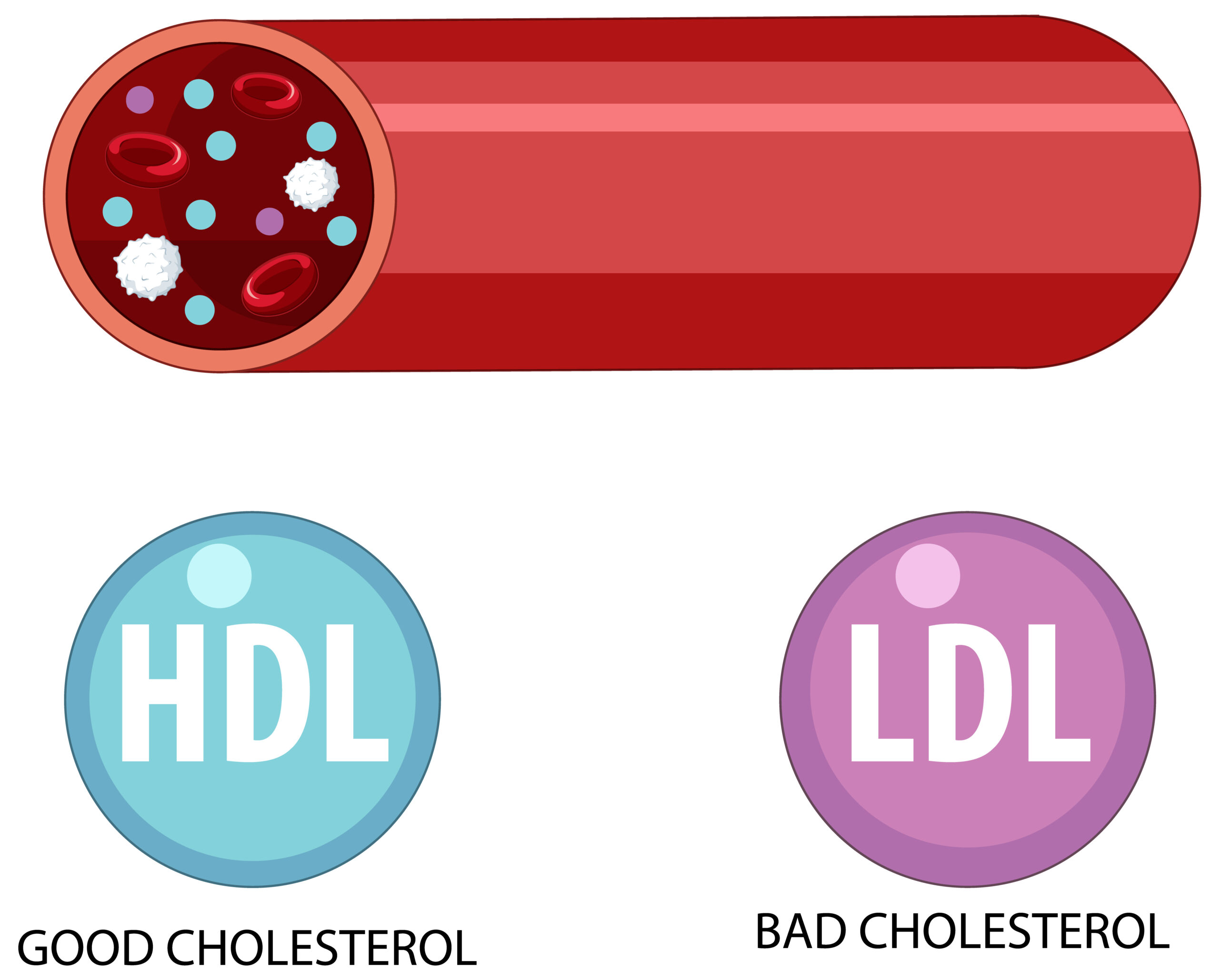Experiencing a heart attack is a critical event that necessitates immediate medical attention and comprehensive follow-up care. The journey to recovery involves physical healing and lifestyle changes to prevent future heart issues and improve overall health. This blog will guide you through essential steps to take after a heart attack to ensure a smooth recovery and enhance your long-term cardiovascular health.
1. Follow Medical Advice Rigorously
After a heart attack, it’s crucial to adhere strictly to your doctor’s recommendations. This includes taking prescribed medications, attending follow-up appointments, and participating in any recommended cardiac rehabilitation programs. Medications are often prescribed to manage risk factors such as high blood pressure, high cholesterol, and blood clots. Following your healthcare provider’s advice helps manage these conditions effectively and prevents further complications.
2. Embrace a Heart-Healthy Diet
Diet plays a significant role in heart recovery and long-term cardiovascular health. Adopting a heart-healthy diet can help lower cholesterol levels, reduce blood pressure, and prevent future heart attacks. Focus on:
Fruits and Vegetables: Aim to fill half your plate with various colorful fruits and vegetables. They are rich in essential vitamins, minerals, and antioxidants that support heart health.
Whole Grains: Incorporate whole grains such as oats, brown rice, and whole wheat products into your meals. These provide fiber, which helps lower cholesterol and stabilize blood sugar levels.
Lean Proteins: Opt for lean protein sources like chicken, fish, legumes, and tofu. Fatty fish such as salmon are particularly beneficial due to their omega-3 fatty acids.
Healthy Fats: Use sources of unsaturated fats like olive oil, avocados, and nuts. Limit saturated and trans fats to reduce the risk of further heart problems.
3. Start a Safe Exercise Regimen
Physical activity is crucial for cardiovascular health, but it’s important to start slowly and follow your doctor’s guidance. Engaging in regular, moderate exercise can help improve heart function, reduce stress, and aid in weight management. Begin with low-impact activities like walking or gentle stretching and gradually increase intensity as your strength improves. Aim for at least 150 minutes of moderate-intensity exercise per week, or as recommended by your healthcare provider.

4. Monitor and Manage Risk Factors
Managing risk factors is essential in preventing future heart attacks. This includes:
Blood Pressure: Regularly check your blood pressure and follow your doctor’s recommendations for maintaining a healthy level.
Cholesterol Levels: Monitor your cholesterol levels and adhere to prescribed medications or lifestyle changes to keep them in check.
Blood Sugar: If you have diabetes or prediabetes, managing your blood sugar levels through diet, exercise, and medication is crucial.
5. Address Emotional and Mental Health
Recovering from a heart attack can be emotionally challenging. Anxiety, depression, and stress are common after such an event. It’s important to address these emotional aspects by seeking support from mental health professionals, joining support groups, or talking openly with family and friends. Managing stress through techniques like mindfulness, relaxation exercises, or therapy can also aid in your overall recovery.
6. Quit Smoking and Limit Alcohol
If you smoke, quitting is one of the most important changes you can make for your heart health. Smoking increases the risk of heart disease and can hinder your recovery. Additionally, limiting alcohol intake can prevent further strain on your heart. Follow your doctor’s advice on alcohol consumption and consider seeking help to quit smoking if necessary.
7. Stay Informed and Educated
Educate yourself about heart disease and recovery. Understanding your condition and the factors contributing to heart health can empower you to make informed decisions about your lifestyle and treatment. Stay up-to-date with the latest research and guidelines on heart health.
8. Implement Long-Term Lifestyle Changes
Incorporating long-term lifestyle changes is key to maintaining heart health. This includes:
Maintaining a Healthy Weight: Achieve and maintain a healthy weight through a balanced diet and regular exercise.
Getting Adequate Sleep: Aim for 7-9 hours of quality sleep each night to support overall health and recovery.
Managing Stress: Implement stress-reduction techniques to improve mental well-being and support heart health.
Conclusion
Recovering from a heart attack is a multifaceted process that involves following medical advice, adopting a heart-healthy diet, engaging in safe exercise, managing risk factors, and addressing emotional health. By making these essential changes and staying committed to your recovery plan, you can significantly improve your heart health and reduce the risk of future cardiovascular events.
Remember, every individual’s recovery journey is unique. Work closely with your healthcare provider to tailor these recommendations to your specific needs and circumstances. With dedication and the right support, you can achieve a healthier heart and a better quality of life.









